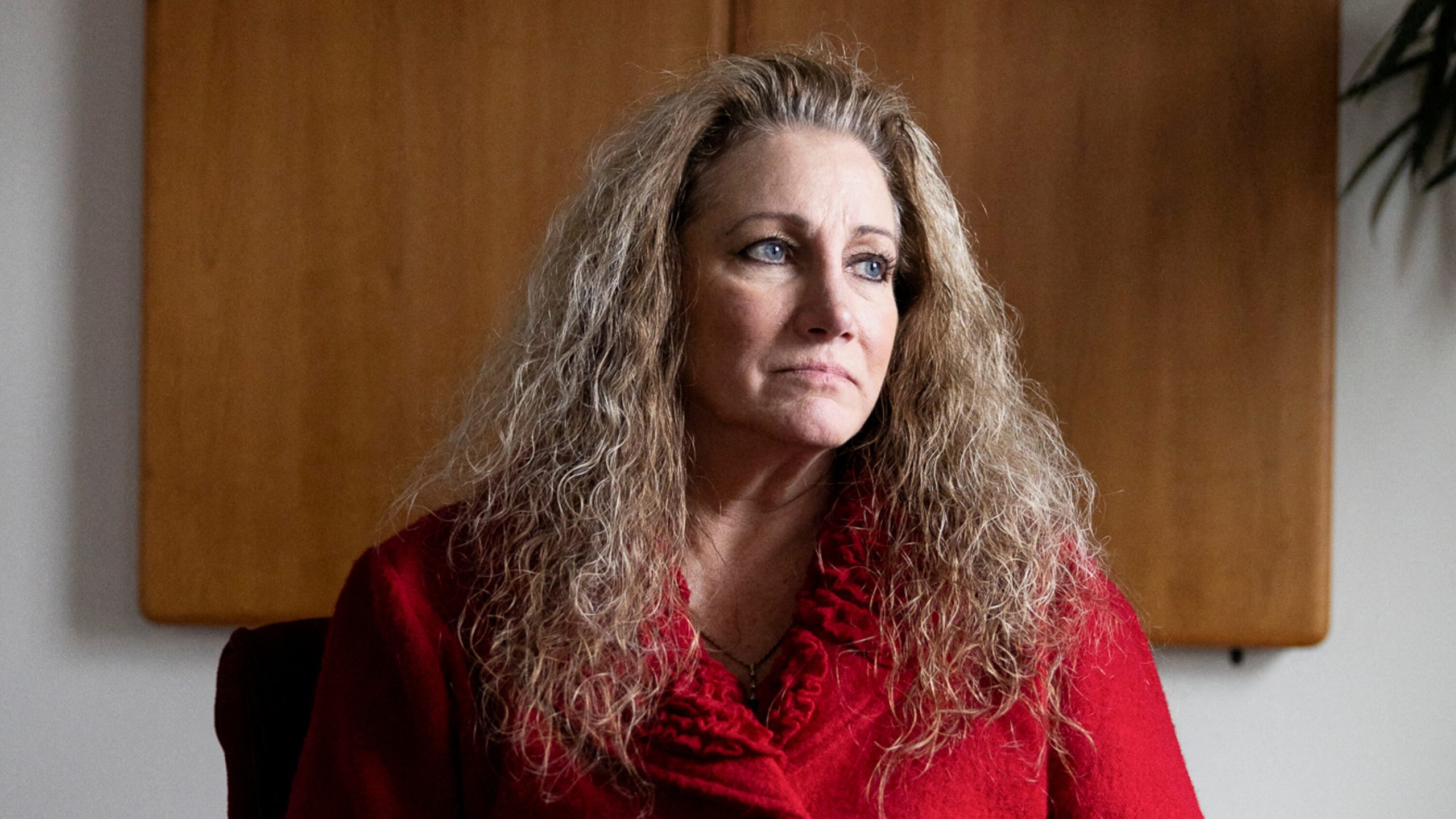Unanimous Supreme Court Backs Woman’s Right to Sue for Sex Discrimination at Work
WASHINGTON, D.C. — In a rare display of complete unity, the U.S. Supreme Court ruled unanimously this week to revive a sex discrimination lawsuit filed by a straight woman who claimed she was harassed at work for not conforming to gender stereotypes.

The decision, issued on June 6, gives new life to the lawsuit brought by Carolyn Clark, a former New York parks department employee who says she endured years of sexist and homophobic treatment by her lesbian supervisor and colleagues. Clark alleged that she was mocked for her appearance, called derogatory names, and ostracized because she did not fit into her coworkers’ expectations of how a woman “should act.”
Court Clarifies Title VII Protections
At the heart of the case was a key question: Does federal law protect workers from discrimination based on failure to conform to gender norms — even when both the alleged harasser and the victim are women? The answer from the Supreme Court: Yes.
The justices ruled that Clark’s claims deserved to be heard in full under Title VII of the Civil Rights Act of 1964, which prohibits employment discrimination based on sex, race, religion, and national origin.
Justice Ketanji Brown Jackson, writing for the court, emphasized that “sex-based stereotyping is a form of unlawful discrimination” and that workers are protected from such bias, regardless of their own sexual orientation or gender identity.
Case Background
Clark initially filed her lawsuit after being fired in 2018. She claimed that her supervisor, who was openly lesbian, created a hostile work environment by repeatedly belittling her for being “too feminine,” criticizing her for talking about her male fiancé, and suggesting she wasn’t “tough enough” for the job.
Lower courts dismissed the case, suggesting the allegations didn’t meet the threshold for discrimination under Title VII. But the Supreme Court’s ruling overturns those decisions, sending the case back to be reconsidered by a lower court.
Broad Implications
Legal experts say the ruling underscores that workplace protections apply equally to all employees, and that sex-based stereotyping — whether it’s targeting LGBTQ+ individuals or straight employees who don’t conform to gender norms — is unlawful.
“This case reaffirms that Title VII protects everyone,” said Shannon Minter, legal director at the National Center for Lesbian Rights. “No one should face discrimination for failing to act the way others think they should based on their sex.”


Comments are closed, but trackbacks and pingbacks are open.